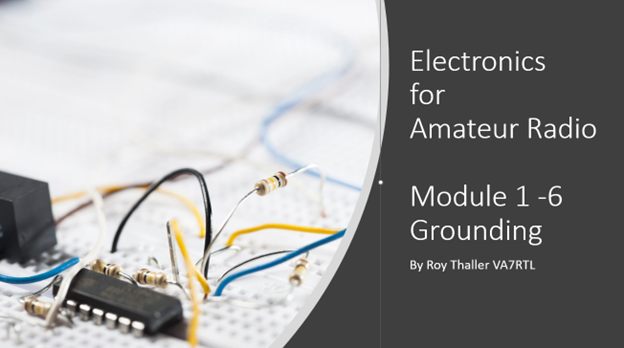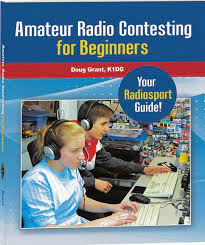Getting Started
With Amateur Radio
If you are new to the hobby or don't know anything about amateur (Ham) radio - this is the place for you
Amateur Radio, also known as Ham Radio, is a hobby and a service that allows individuals to communicate with other people around the world using radio waves. It’s a way to connect with people and learn about new cultures, technologies, and ideas.
Amateur Radio operators use a variety of equipment to transmit and receive signals, including handheld radios, antennas, and specialized software. They can communicate with others in their local area, across the country, or even on the other side of the world.
One of the unique aspects of Amateur Radio is its ability to function independently of traditional communication infrastructure. In emergency situations, Amateur Radio operators can provide critical communication services when other systems are down.
To become an Amateur Radio operator, you’ll need to obtain a license from the government. This involves passing a test that covers basic radio theory, regulations, and operating procedures. There are different levels of licenses, each allowing for different frequencies and modes of operation.
Overall, Amateur Radio is a fun and rewarding hobby that can connect you with people from all walks of life and provide a valuable service to your community.
rADIO SOCIETY OF GREAT BRITIAN - sHORT vIDEO
It's Time to Start Your Adventures

SOTA / POTA / UOTA / GOTA
If you like hiking or going to parks you can make contact with other amateur radio operators. You can also collect points or awards for doing these activities

Learning
There is always something new coming out - radios, antennas, computers. Learn more about electronics and radio operations. Even build a kit or two.

Communications - Nets or Emergency
Fuerat aestu carentem habentia spectent tonitrua mutastis locavit liberioris inistra possedit.

Contesting
Yes you can play games with your radio! There is a different contest on everyday of the year. Earn points or awards for making the most contacts in a day, the furthest away, portable, mobile or base station, etc.
Why Amateur aka Ham Radio?
What other hobby would give you so much?
- Ta/king / Communication
- Designing and building things
- Sharing experiences with others?
What You Get
There are so many things to do and learn!
- Life long learning experiences
- Meeting new friends - local and worldwide
- Having fun
Getting Licence in Amateur Radio
The main difference between being licensed or not for Amateur Radio is that a license is required by law to operate on Amateur Radio frequencies. Without a license, you are not authorized to transmit on these frequencies and can face legal consequences for doing so.
Obtaining an Amateur Radio license involves passing a test that demonstrates your knowledge of basic radio theory, regulations, and operating procedures. Depending on the level of license you obtain, you may also have access to certain frequencies and modes of operation.
Having a license also means that you can participate in Amateur Radio events and contests, as well as join local and national organizations that promote the hobby.
In addition, being licensed allows you to use the various privileges and benefits that come with operating on Amateur Radio frequencies. These include the ability to communicate with other Amateur Radio operators across the globe, access to specialized communication modes and techniques, and the opportunity to participate in emergency communications and public service events.
In summary, being licensed is a legal requirement for operating on Amateur Radio frequencies and provides access to a range of benefits, including the ability to communicate globally, participate in events, and contribute to emergency communications.
To obtain an Amateur Radio license, you need to follow these general steps:
Study: First, you need to study for the license exam. There are many resources available for studying, including online courses, books, and study guides. The exam covers basic radio theory, regulations, and operating procedures.
Find an exam session: Once you feel ready to take the exam, you need to find an exam session near you. These sessions are often hosted by local Amateur Radio clubs and organizations.
Take the exam: On the day of the exam, you’ll need to bring two forms of identification, such as a driver’s license or passport, and the exam fee. The exam consists of multiple-choice questions, and you’ll need to pass with a minimum score to obtain the license.
Receive your license: If you pass the exam, you’ll receive a license from the government. There are three classes of license, each with different privileges and requirements. The Basic (Canada) or Technician (US) class license is the entry-level license and allows access to the most commonly used Amateur Radio frequencies.
Get on the air: Once you have your license, you’re ready to start operating on Amateur Radio frequencies. You’ll need to acquire the appropriate equipment, including a radio and an antenna, and learn how to use it.
Overall, obtaining an Amateur Radio license requires studying, taking an exam, and following the regulations set by the government. It’s a rewarding and fun hobby that provides opportunities for learning, community service, and communication with people around the world.